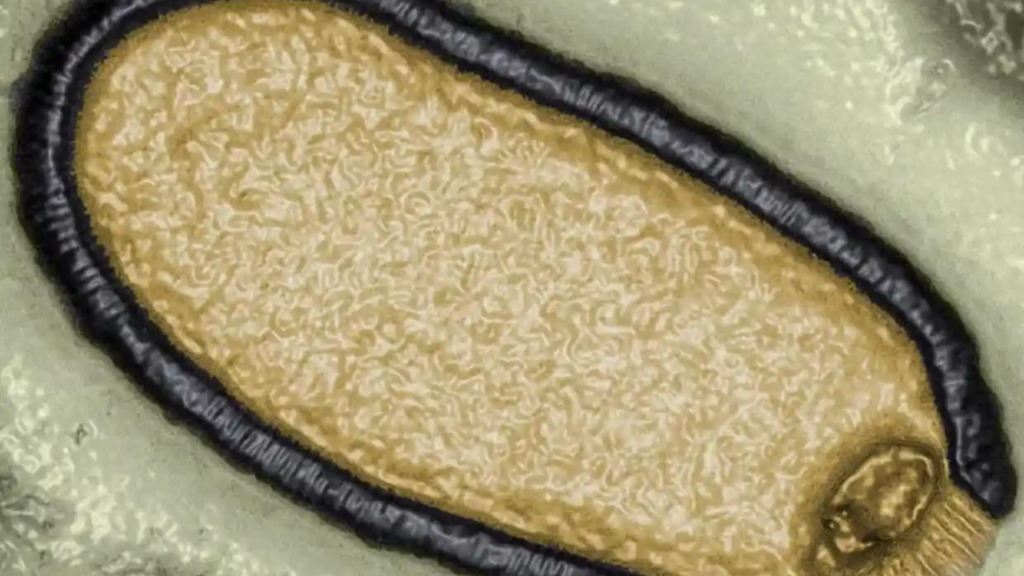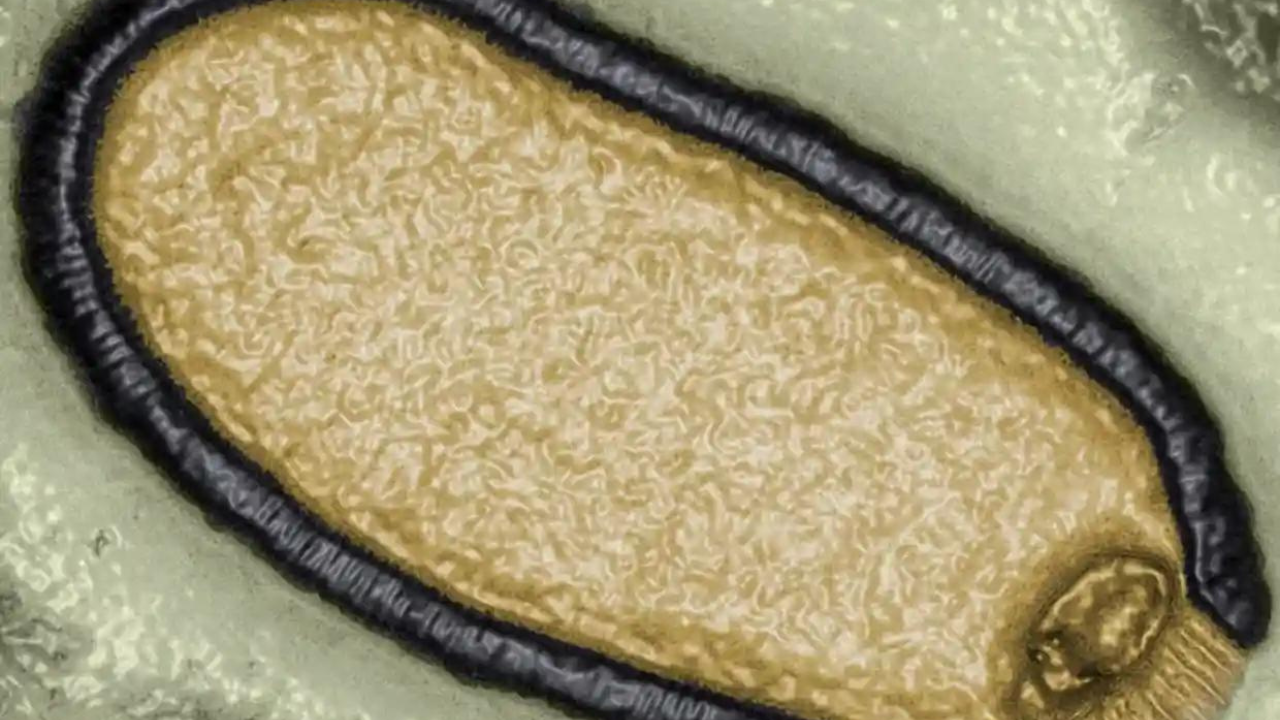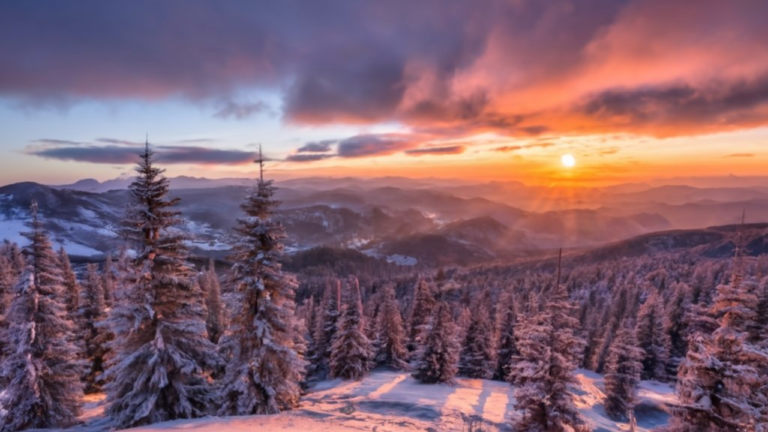Siberian Zombie Viruses Pose New Pandemic Threat, Scientists Caution
As more ships sail in Siberia, scientists worry that melting permafrost might unleash old viruses long frozen in the Arctic. These ancient viruses, once freed by the warming climate, could cause a big disease outbreak.
by TAUHID SHAH: January 21: Sunday: 23:45 PM| 2024 Updated.
In response to this, scientists are working on an Arctic monitoring network. The goal is to detect early signs of diseases caused by ancient microorganisms, implement quarantine measures, and provide specialized medical care to contain potential outbreaks.

Geneticist Jean-Michel Claverie from Aix-Marseille University highlights the need to consider the possibility of disease outbreaks originating in the far north and spreading south. Virologist Marion Koopmans of the Erasmus Medical Center in Rotterdam warns about the uncertainty surrounding viruses in permafrost, pointing out the risk of an ancient form of polio reemerging.
Research in Siberia has revealed live viruses, some dating back 48,500 years, posing a potential threat to humans. The melting permafrost, caused by climate change affecting the Arctic, is exposing these ancient viruses.
The immediate danger, however, is not only from melting permafrost but also from the disappearing Arctic sea ice. Increased shipping and industrial activities in Siberia, driven by the vanishing sea ice, pose a significant risk. Large-scale mining operations planned for deep permafrost layers could release dormant pathogens.
Claverie warns that these operations could unleash substantial quantities of dormant pathogens, with miners at risk of inhaling these viruses, potentially leading to serious consequences.
Koopmans emphasizes the historical link between epidemic outbreaks and changes in land use, warning of potential dangers associated with the transformation in Arctic land use.
Scientists speculate that permafrost, at its deepest levels, may harbor viruses dating back a million years—older than our species. The concern is that our immune systems may not have encountered some of these ancient microbes, raising the prospect of unknown viruses infecting humans.
To address this threat, Claverie collaborates with UArctic, the University of the Arctic, on plans to establish quarantine facilities and provide medical expertise. The aim is to identify early cases and treat them locally, containing potential infections within the region.
Switching gears, reflecting on the events of 2023, the promise of stability and competence pledged by UK Prime Minister Rishi Sunak takes an unexpected turn. On the global stage, the resurgence of Donald Trump as a presidential contender and the ongoing conflict in Ukraine are notable. The risk of global indifference to conflicts, along with challenges in the Middle East and the climate crisis, becomes increasingly apparent.
Nevertheless, a new year brings renewed hope, with elections looming in various countries. The Guardian underscores the importance of its journalistic mission to cover global events comprehensively.
The call to action is clear: financial support is sought to sustain The Guardian’s commitment to truth-seeking worldwide. Contributions, even as little as $2 per month, can help continue the provision of free journalism without content hidden behind paywalls.
In a plea to readers, The Guardian emphasizes the importance of solidarity, asserting that “we are in this together” and highlighting the collective responsibility in supporting independent journalism.
NOTE:
This article has been written by humans and AI to explain the information in more depth and to serve information to the people, this article has been written by humans. If there is any mistake in this information. Or if something is written wrong then you can contact us at this email “theWBC.org.in@gmail.com”





